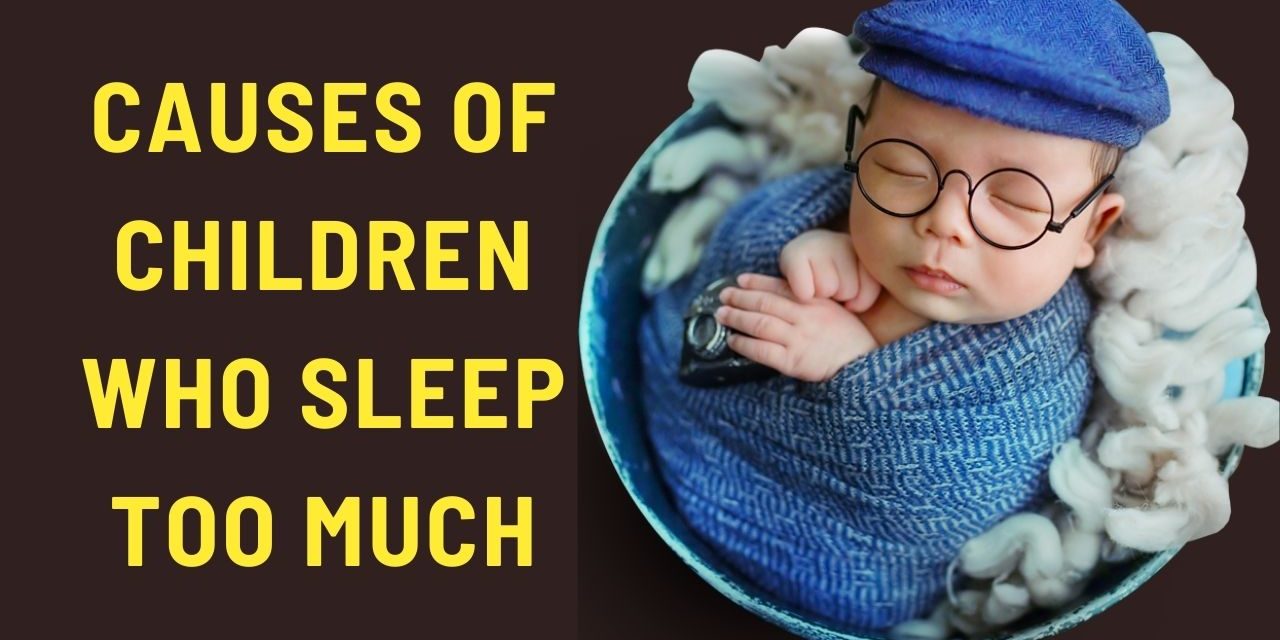Finding the causes of excessive sleep in children
Introduction:
Sleep is an essential component of a child’s overall health and development. Although it is normal for children to sleep longer than adults, there are instances where they exhibit excessive sleepiness. Understanding the causes of excessive sleep in children can provide insight into possible underlying factors that increase their need for rest. In this blog post, we’ll explore some common causes of babies who oversleep and highlight possible explanations for their long sleep duration.
1. Age and Growth:
Children’s sleep needs vary based on their age and developmental stage. Babies and toddlers need plenty of sleep for their rapid growth and brain development. Additionally, adolescents experience physiological changes that can disrupt their sleep patterns and result in longer sleep duration. Understanding age-related sleep needs can help distinguish between excessive sleep and normal sleep patterns.
2. Sleep Debt and Seizure:
Children who don’t consistently get enough sleep during the week can accumulate sleep debt. Sleep debt occurs when the body does not get adequate rest to fully recover and recharge. As a result, children may experience increased sleepiness as they try to catch up on lost sleep on weekends or during less demanding schedules.
3. Sleep environment:
The sleep environment can significantly affect the duration and quality of a child’s sleep. Factors such as excessive noise, uncomfortable bedding, room temperature, or insufficient darkness can disrupt sleep and contribute to prolonged sleep duration. Ensuring a calm, quiet and comfortable sleep environment can help prevent oversleeping caused by external factors.
4. Illness or medical conditions:
Certain medical conditions or illnesses can cause excessive sleepiness in children. Conditions such as anemia, thyroid disorders, chronic fatigue syndrome, or certain neurological disorders can cause long sleep periods. If excessive sleepiness is accompanied by other associated symptoms or persists for a long period of time, consultation with a health care professional is advised to rule out any underlying medical condition.
5. Sleep disorders:
Sleep disorders, although relatively uncommon, can cause excessive sleep in children. Conditions such as narcolepsy, sleep apnea, or restless legs syndrome can disrupt the normal sleep-wake cycle and result in excessive daytime sleepiness. If a child is consistently oversleeping despite getting enough sleep at night, it is important to consult a pediatrician or sleep specialist to rule out a possible sleep disorder. .
Result:
Although children generally need more sleep than adults, excessive sleep can sometimes be a cause for concern. Understanding the various causes of excessive sleep in children, such as age-related sleep needs, sleep debt, sleep environment, underlying medical conditions, or sleep disorders, can help parents and caregivers determine May determine if further evaluation is necessary. If you have concerns about your child’s sleep patterns or oversleeping, it is always recommended to seek guidance from a healthcare professional who can provide appropriate advice and support.










